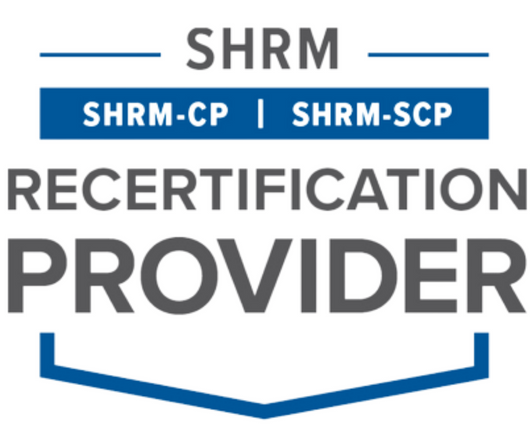As the workforce ages, retirement is becoming a more complex and emotionally significant transition. For many employees, retiring marks not only a change in benefits and income but also a shift in identity, community, and purpose. This webinar explores how HR professionals can support aging and retiring employees through a trauma-informed lens—one that recognizes the emotional and psychological dimensions of leaving the workforce.
By aligning Group Medicare offerings with thoughtful communication and employee-centered practices, HR leaders can create more inclusive, supportive offboarding experiences. We’ll examine how wellness-focused Group Medicare plans, telehealth, and social determinants of health initiatives can play a meaningful role in retiree well-being, while also strengthening organizational trust and loyalty.
Attendees Will Learn:
- 🧩 How retirement transitions can intersect with trauma and identity shifts, and why this matters for HR.
- 🌱 The expanded role of Group Medicare in supporting employee well-being beyond healthcare.
- 🛡️ Trauma-informed strategies for designing retirement and benefits communications that promote psychological safety.
- 🤝 Best practices for creating dignity-centered offboarding, phased retirement, and alumni engagement programs.
- 📋 Practical steps HR teams can take to evaluate benefits offerings and prepare managers to support aging employees with care and clarity.
📆 June 11, 2025 at 11:00 am PDT, 2:00 pm EDT, 7:00 pm BST
This program has been pre-approved for 1 (HR General) recertification credit hour toward aPHR®, aPHRiTM, PHR®, PHRca®, SPHR®, GPHR®, PHRiTM and SPHRiTM recertification through HR Certification Institute® (HRCI®).
This publication is recognized by SHRM to offer Professional Development Credits (PDCs) for the SHRM-CP® or SHRM-SCP®. This program is valid for 1 PDC for the SHRM-CP® or SHRM-SCP®. For more information about certification or recertification, please visit www.shrmcertification.org. |
Please note that in order to receive the Activity IDs for HRCI and SHRM, you must be present during the live webinar for at least 50 minutes. Activity IDs cannot be provided to those who view the webinar recording.
Brought to you by:










Let's personalize your content